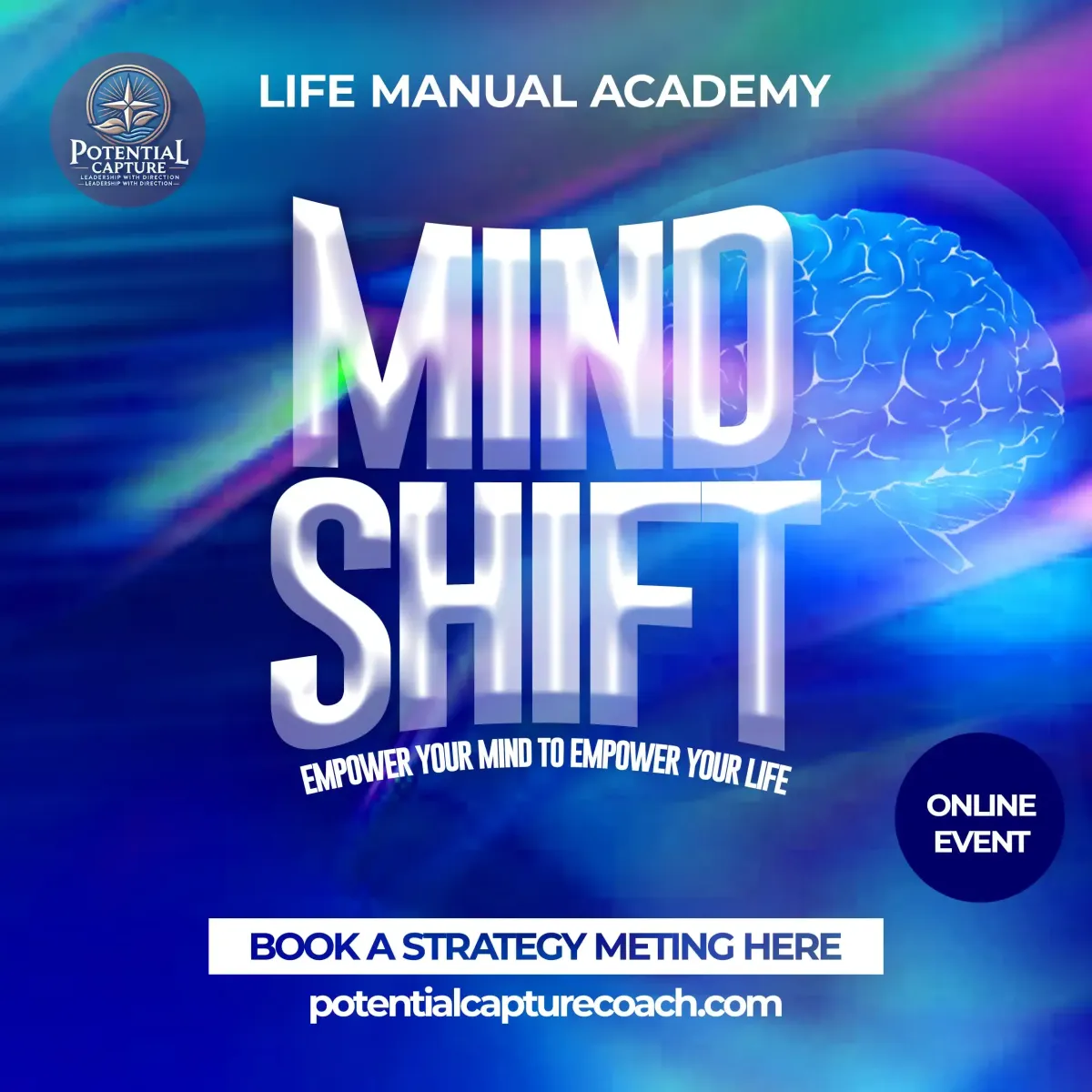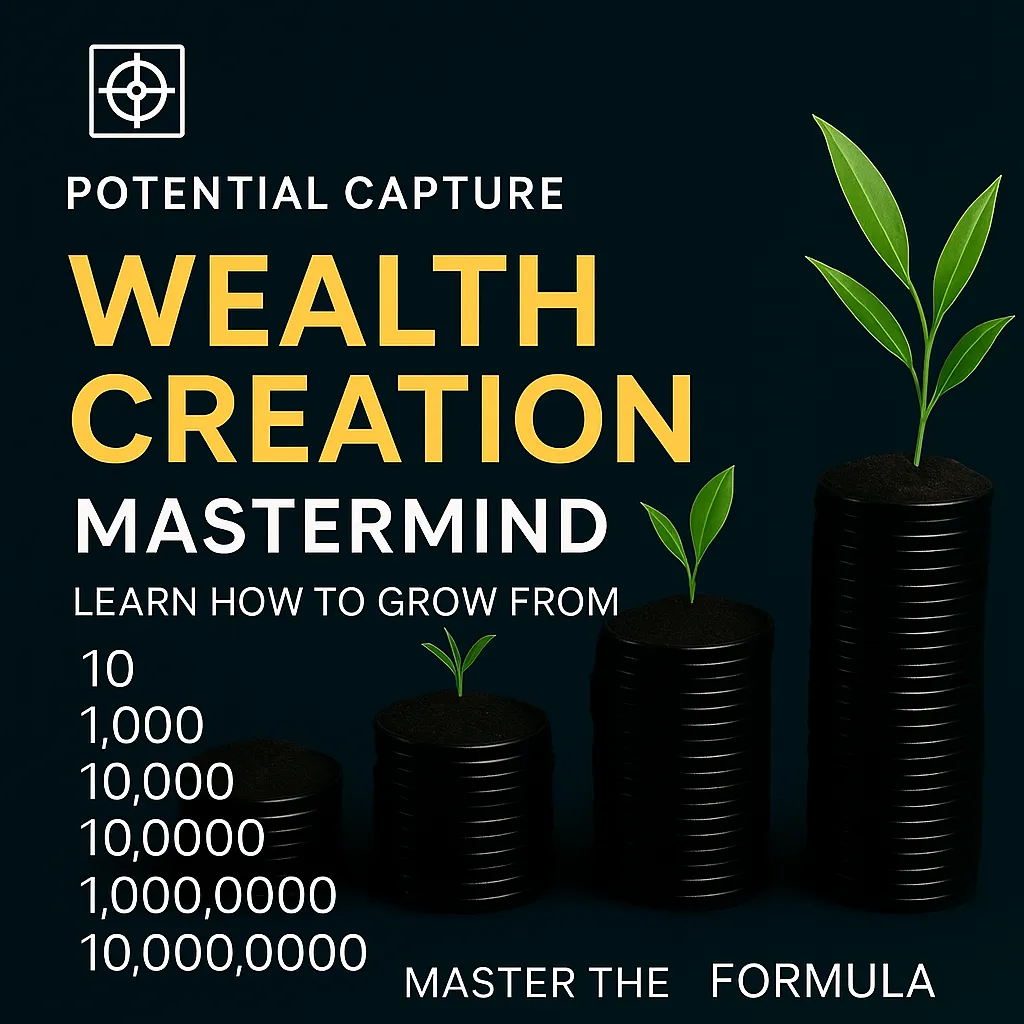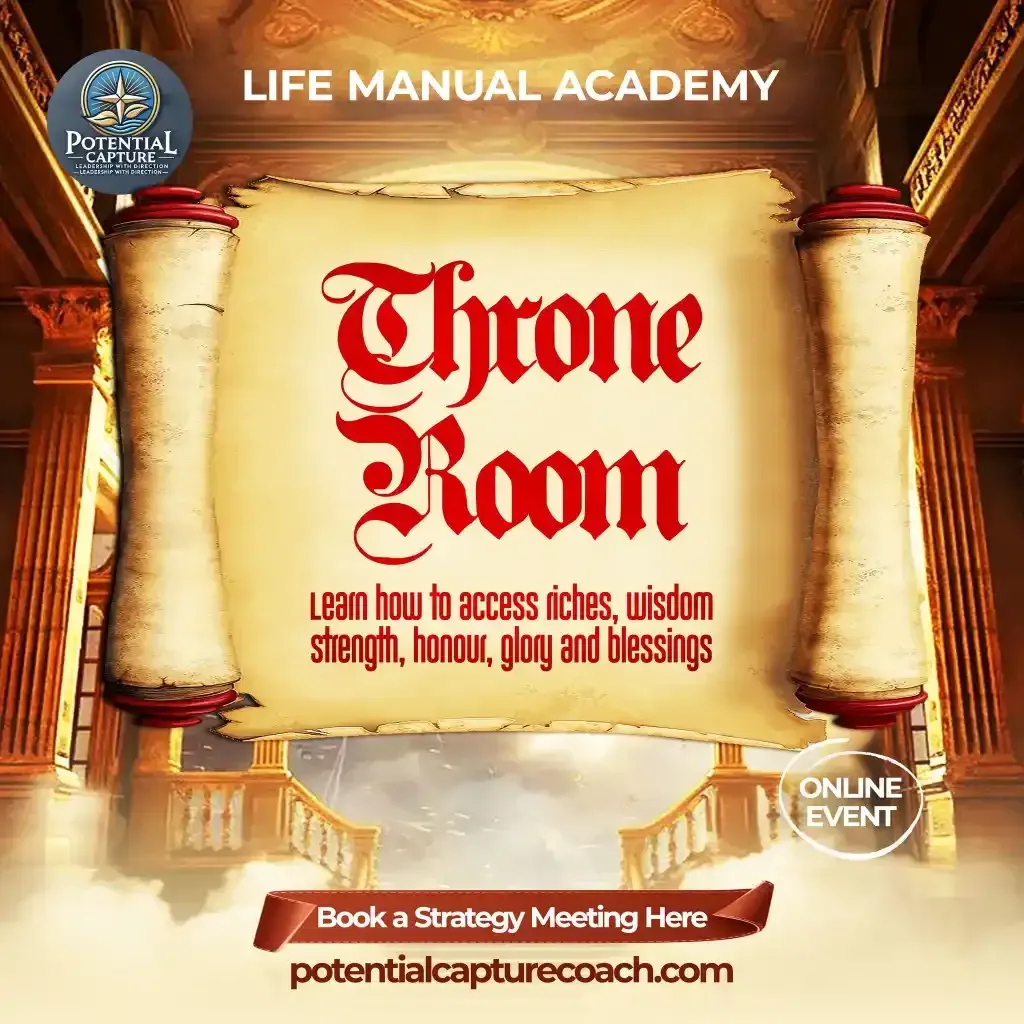
Maximising Your Potential: How to Reach Beyond Your Limits
Life often feels like a series of hurdles we must overcome, and many of us may find ourselves questioning our abilities or fearing our limits. The truth is, we all possess untapped potential waiting to be unleashed. Whether it’s in our personal lives, careers, or relationships, understanding how to maximise our potential is key to leading a fulfilling and successful life.
In this blog, we will delve into the nature of limits — how they may be self-imposed rather than inherent. We will explore how to recognise and harness your untapped talents and skills and discuss practical strategies for breaking through barriers.
Understanding Your Limits: Are They Real or Self-Imposed?
When faced with challenges, it’s easy to believe that our limits are set in stone. However, it’s crucial to question whether these boundaries are truly real or merely self-imposed. Many of us have internalised beliefs about what we can or cannot achieve, often influenced by past experiences or societal expectations.
Take, for example, the story of J.K. Rowling, the author of the Harry Potter series. Before her books became a global phenomenon, she faced numerous rejections from publishers and battled personal struggles, including poverty. Had she accepted the belief that her writing wasn’t good enough, the world would have never experienced the magic of Hogwarts. Her journey reminds us that limits are often defined by our mindset rather than our actual capabilities.
To begin challenging your limits, take time to reflect on the beliefs that may be holding you back. Write down instances where you felt limited in your pursuits — what thoughts or fears contributed to those feelings? By identifying these self-imposed barriers, you can start to dismantle them and reframe your perspective.
Recognising Untapped Talents and Skills
Each of us possesses a unique set of talents and skills, but we often overlook them in the daily grind. Recognising these untapped abilities is a vital step in maximising your potential. You may have hidden skills that, if nurtured, could lead to remarkable achievements.
Consider asking yourself:
What activities make me lose track of time? This question can help you identify passions and strengths you may not be fully utilising. For example, if you lose yourself in graphic design during your free time, consider pursuing it further.
What feedback have I received from others? Often, friends, family, or colleagues see strengths in us that we overlook. They might appreciate your knack for storytelling, even if you’ve never considered writing as a viable career.
What challenges have I overcome in the past? Reflecting on past obstacles can reveal hidden strengths. If you’ve navigated a significant life change, your adaptability and problem-solving skills are likely more developed than you realise.
By identifying these untapped talents, you’ll have a clearer vision of how to leverage them in your pursuits. Whether it’s honing a skill or embracing a new interest, these revelations can be the key to unlocking your full potential.
Practical Strategies to Unlock and Maximise Your Potential
Now that we’ve explored how to understand and recognise your limits and talents, let’s delve into practical strategies to help you unlock and maximise your potential.
1. Breaking Free from Comfort Zones:
Stepping outside your comfort zone is crucial for growth. Comfort zones are mental barriers that keep you from experiencing new opportunities and challenges. While it’s tempting to stay within familiar boundaries, true growth lies beyond them.
Start by identifying small ways to step outside your comfort zone. For example, if public speaking terrifies you, consider joining a local speaking group, such as Toastmasters. Practising in a supportive environment can help you build confidence.
You might also explore volunteering for a project that pushes your skills, such as leading a team at work or taking on a role in a community organisation. Each small step you take builds momentum, helping you expand your capabilities over time.
2. Strengthening Self-Belief and Confidence:
Self-belief is a powerful catalyst for change. It’s essential to cultivate confidence in your abilities to maximise your potential. Consider keeping a success journal where you document your achievements, big or small. Reflecting on your successes can reinforce your self-belief and remind you of what you’re capable of.
Additionally, practise positive affirmations. Repeating empowering statements such as “I am capable of achieving my goals” can help reshape your mindset. When you encounter self-doubt, refer back to your journal to remind yourself of your past successes. Surround yourself with supportive people who encourage you to pursue your goals, as their belief in you can significantly impact your self-confidence.
For instance, you might recall a time when you successfully navigated a challenging project at work, highlighting the skills and strengths you used. Keeping such memories in front of your mind reinforces the belief that you can tackle future challenges, boosting your confidence to aim higher.
3. Continuous Learning and Skill Development:
To maximise your potential, commit to lifelong learning. The world is constantly changing, and acquiring new skills keeps you relevant and adaptable. Explore opportunities for personal and professional development through workshops, online courses, or local classes.
For instance, if you’re interested in enhancing your leadership skills, consider enrolling in a leadership development programme. Alternatively, if you want to learn a new language, dedicate time each week to language-learning apps or local classes.
Additionally, seek mentorship opportunities in your field. A mentor can provide invaluable insights and guidance, helping you identify areas for growth and development. By investing in your growth, you’ll not only acquire new skills but also boost your confidence and open doors to new opportunities.
4. Building Emotional Resilience:
Emotional resilience is your ability to bounce back from setbacks and challenges. Cultivating this resilience is vital for maximising your potential, as it enables you to face adversity with strength and determination.
One effective way to build emotional resilience is by practising mindfulness. Mindfulness techniques, such as meditation and deep-breathing exercises, can help you stay present and manage stress. For instance, consider setting aside 10 minutes each day for mindfulness meditation. As you develop this practice, you’ll find it easier to navigate challenges with a clearer mind and increased emotional stability.
Another strategy is to reframe negative experiences as opportunities for growth. Instead of viewing setbacks as failures, see them as valuable lessons that contribute to your development. For example, if you experience a setback at work, take time to analyse what went wrong and what you can learn from the situation. Emphasising growth over failure helps build your resilience and prepares you to tackle future challenges with renewed strength.
5. Staying Committed to Your Growth Journey:
Maximising your potential is a lifelong journey that requires commitment and perseverance. Set aside time regularly to reflect on your progress, reassess your goals, and make adjustments as needed. Consider creating a vision board that visualises your goals and aspirations—this tangible representation can serve as a constant reminder of your commitment to growth.
Moreover, find an accountability partner or mentor who can support you along the way. Share your goals with them and check in regularly to discuss your progress. Having someone to share your journey with can provide motivation and encouragement, making it easier to stay committed to your path.
Consider scheduling monthly cheque-ins with your partner or mentor to discuss your achievements and challenges. This structure not only helps you stay on track but also encourages honest conversations about your growth journey, providing a supportive environment for accountability.
Conclusion
Maximising your potential is an empowering journey filled with opportunities for growth and self-discovery. By taking the time to understand your limits and recognising the talents you may have overlooked, you can break free from self-imposed boundaries and open yourself up to the incredible possibilities that life has to offer.
It’s important to remember that the path to maximising your potential isn’t always straightforward. Each step you take, no matter how small, brings you closer to realising your dreams. Embrace challenges along the way, nurture your self-belief, and commit to continuous learning.
As you move forward, keep in mind that your potential is limitless. You have the power to transcend any limits you might have set for yourself. So why wait? Take the first step today — identify one area where you feel held back, set a goal to push beyond it, and start taking action!
FAQs
1: How can I identify specific self-imposed limits in my life?
Start by journaling your thoughts whenever you feel hesitant to try something new. List the reasons for your hesitations and question their validity. For example, if you think you can’t apply for a job because you don’t meet all the qualifications, note that many employers value potential and willingness to learn as much as experience.
2: What daily habits can help me build emotional resilience?
Incorporate a daily gratitude practice into your routine. Spend a few minutes each day writing down three things you are grateful for. This simple exercise can help shift your focus from challenges to positive aspects of your life, enhancing your emotional resilience over time.
3: How can I create an action plan to maximise my potential?
Use the SMART criteria (Specific, Measurable, Achievable, Relevant, Time-bound) to outline your goals. For example, if you want to improve a skill, set a goal like “I will complete an online course on graphic design by the end of next month, dedicating three hours each week to study and practise.” This structured approach will help keep you focused and accountable.






